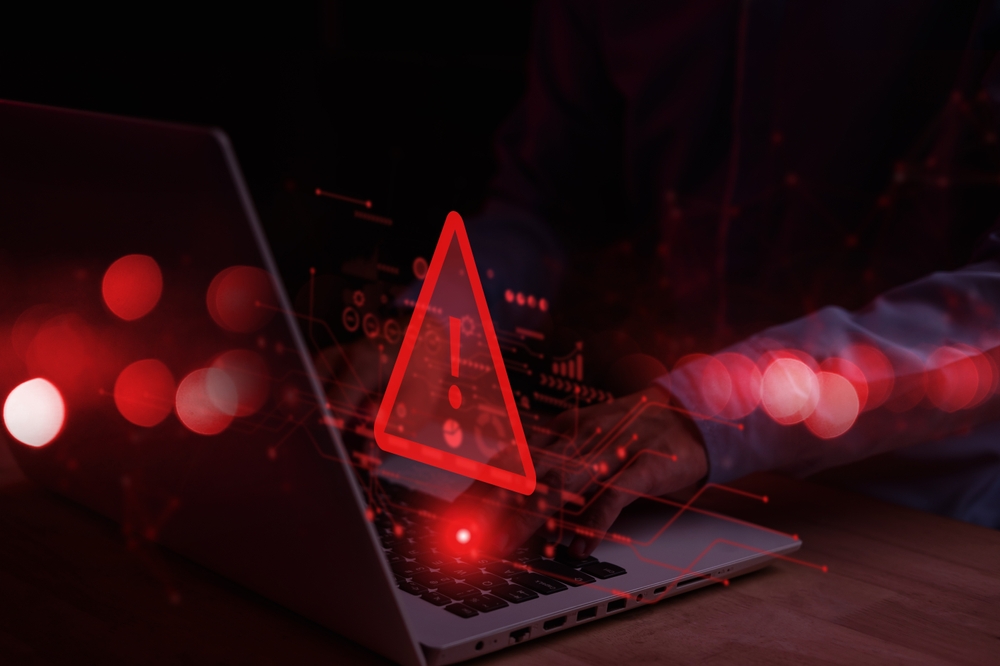Io.net chief executive Ahmad Shadid offered a detailed postmortem update on how the Solana-based decentralized provider of compute power is addressing the network attack. The executive admitted that the decentralized protocol is committed to expelling users who recently spoofed the GPUs with intentions of farming the io.net rewards.
Io.net Dismiss Rumors of Attack Delaying Development Plan
Shadid’s explanation followed the inquiry by the crypto investors who sought the actual number of GPUs available on the platform. The executive labeled the attack a painful lesson and assured it would not derail the ongoing plans to unveil the $IO token.
Shadid’s response targeted critics concerned about knowing the exact GPUs available on the io.net platform. The executive calmed the concerns first by admitting the network suffered an attack by actors spoofing the GPU availability to reap future rewards.
Shadid admitted via a Sunday, April 28 publication on X that io.net is moving fast and occasionally breaking things just as many startups. He attributed some actors to attempting to exploit the io.net vulnerability via a Sybil attack.
Sybil Attack Attempt to Solicit Rewards
Shadid observed that the security team discovered users who categorically spoof GPUs to solicit rewards from the io.net network. The executive indicated that the Sybil attack targeted the network’s nodes.
Shadid indicated that ten days ago, the team discovered a sudden spike of 1.8M fake GPUs that attempted to establish a connection with the network. The team prioritized the identification and blocking of the devices.
Shadid added that the multi-day cat-mouse game as the io.net team aimed to separate the real from spoofed GPUs, which led to several short-term challenges.
Shadid explained that the team prioritized security and stability by executing them transparently. The executive assured that the tech team will publicly release the known issues.
Io.net to Formalize Bug Bounty Program
Shadid urged understanding from the community since they prioritized fixing and patching, though they admitted several bugs exist alongside UX fixes and front-end updates.
Shadid indicated that the team prioritized restoring Clustering and Worker connections with solutions to other imminent gaps. The chief executive stated that the team will formalize the bug bounty program though welcomed parties to report issues.
Shadid assured us that the issue was entirely resolved, allowing the network infrastructure to regain operation. Nonetheless, the executive decried that GPU supply is temporarily diminished, though confident to overcome the inadequacy as the partners rejoin the network.
Shadid clarified that the attack hardly disrupted the io.net’s development plans. The team is advancing to unveil the second phase of rewards programs targeting suppliers on May 1- 30.
Shadid urged the suppliers to contact the team as the rewards programs edge closer, ruling out the few bumps that would slow the developments.
Io.net Executives Attempt to Quell Rumors
The executives witnessed surging inquiries about the io.net legitimacy over the weekend. Notably, Martin Shkreli questioned the disparate numbers currently available on io.net.
Several executives dismissed the rumors by the chief strategy officer, pseudonymously identified as Hushky. Chief technical executive Guarav Sharma reported that the April 25 attack left the network vulnerable.
Sharma dismissed the issues, indicating that the network was serving tens of thousands in monthly compute hours. However, the executive admitted that it was within the infancy phase and that the path ahead would feature several bumps.
Hushky responded to the claims by Shkreli, by hinting that he cuts a controversial figure. He explained that the individual harbors ulterior motives behind attacking io.net.
Hushky indicated that Shkreli could be plotting to launch a competing product. Such a possibility convinces Hushky to admit the project is collateral damage in the personalized scenario.
The io.net founder admitted responsibility for steering the team in building a transparent and honest approach without compromising safety. Shadid profiled the attack as a painful lesson.
Shadid apologized and indicated that the criticism was reasonable and taken in stride by the tech team. He reiterated that io.net will continue building in public and leverage the community’s feedback to improve the network.
